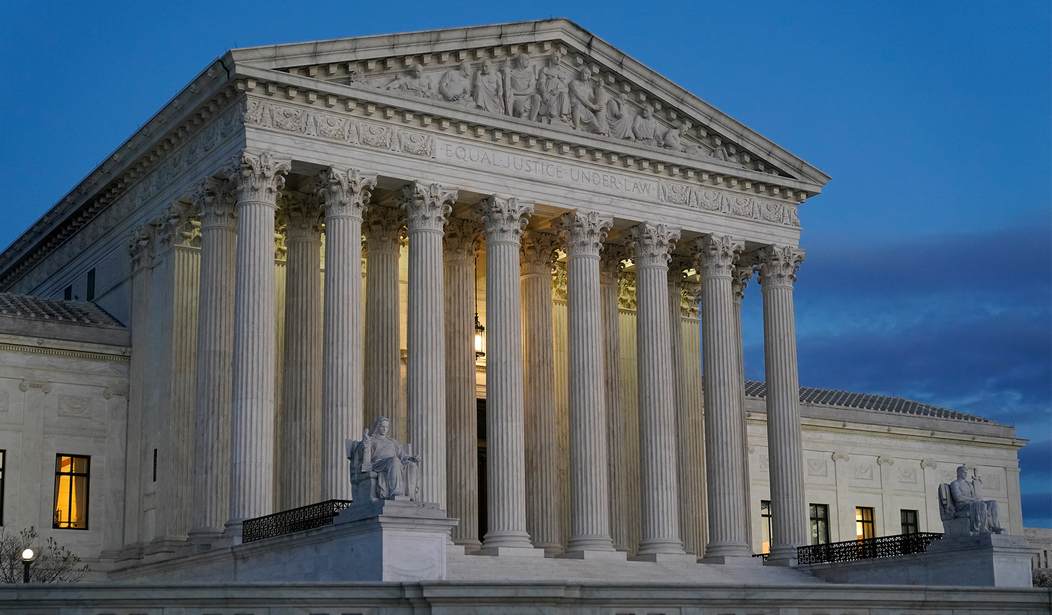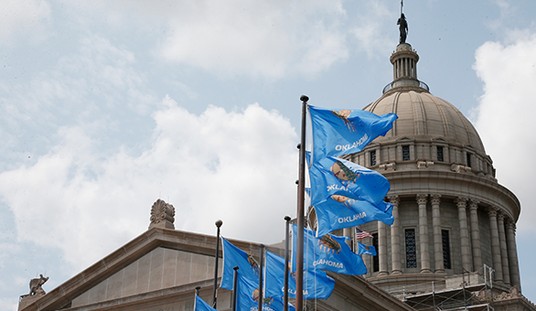In the coming weeks, the Supreme Court will consider granting cert to several Second Amendment cases, including two lawsuits challenging the ATF’s ban on bump stocks imposed during the Trump administration and an emergency request for an injunction halting New York’s new background check system on gun and ammunition purchases. But at the Court’s first conference of the fall term, which took place today, justices considered granting cert to two cases that are best described as Second Amendment-adjacent. The two lawsuits don’t directly challenge any existing gun laws, but they could still have a major impact on 2A advocacy and gun control efforts going forward.
The first case is known as KCI USA v. Eighth Judicial District Court of Nevada, Clark County, et al, and the question posed to the Court is one that we’ve seen pop up in other cases, including the recently-decided Duncan v. Bonta case in California; namely, whether an ammunition magazine is a “component part of a firearm”, or merely an accessory unprotected by the Second Amendment (or in this case, the Protection of Lawful Commerce in Arms Act).
KCI USA makes ammunition magazines, and one of their products was used in a shooting in August, 2019. KCI was sued, but claimed immunity under the PLCAA. The Eighth Judicial District Court in Clark County, Nevada ruled that KCI’s magazine was not a “component part”, a decision upheld by the Nevada Supreme Court. Now the company is taking their appeal directly to SCOTUS, arguing that the question they pose is of “fundamental importance.”
In enacting the PLCAA, the United States Congress determined that firearm manufacturers should not be held liable for the criminal misuse of their products. Both state and federal courts have concluded that a magazine is a “component” part of a firearm. The Supreme Court of Nevada’s decision to decline to review the substantive merits of the lower court decision is also notable for several reasons, and worthy of review. First, it allows basic canons of statutory construction to be turned upside down, undermining federally-prescribed immunity and preemption in the process. Additionally, the Supreme Court of Nevada’s invitation to KCI to first flesh out supposed factual issues regarding the PLCAA fails to appreciate that an immunity determination under the PLCAA is a threshold question of law, and worthy of appellate review despite its interlocutory nature. As the collateral order doctrine clearly applies in this case, this Court should grant the instant petition.
The Supreme Court is likely to reckon with bans on “large capacity” magazines in the not-too-distant future, given the challenges already underway in states like California, Oregon, and Illinois. Justices may want to wait to grant cert to a case dealing specifically with magazine bans, but given that some federal judges have recently concluded that magazines are accessories unprotected by the Second Amendment rather than arms, the Court could decide to at least address that issue using KCI as the vehicle for their decision.
The second 2A-related case scheduled for today’s conference is known as NRA v. Vullo. While the NRA is a Second Amendment organization, this is actually a First Amendment case, with NRA attorney Bill Brewer joined by UCLA law professor Eugene Volokh in petitioning the court to address the actions of Maria Vullo, head of New York’s Department of Financial Services. The NRA argues that Vullo engaged in “backchannel threats, ominous guidance letters, and selective enforcement of regulatory infractions—to induce banks and insurance companies to avoid doing business” with the group. Now they want the Court to weigh in on whether or not Vullo’s actions and statements are allowable under the First Amendment.
1. Does the First Amendment allow a government regulator to threaten regulated entities with adverse regulatory actions if they do business with a controversial speaker, as a consequence of (a) the government’s own hostility to the speaker’s viewpoint or (b) a perceived “general backlash” against the speaker’s advocacy?
2. Does such coercion violate a clearly established First Amendment right?
If SCOTUS allows actions like Vullo’s to stand, we’re going to see more of the same from government officials, and their bullying won’t solely be directed against the NRA or other Second Amendment groups. Virtually any company, industry, or interest seen by politicians and bureaucrats with power would be at risk of being shut out from receiving financial or other services necessary to keep them up and running.
Both of these cases raise important questions, but the odds are long that either will be granted cert by the Supreme Court. Only about one in every ten thousand petitions are accepted by SCOTUS, and we’ve got a number of other Second Amendment cases that are waiting in the wings. I’d love to see SCOTUS grant review to both KCI and NRA v. Vullo, but realistically, it would be a real surprise if they’re both granted cert when the orders from today’s conference are released.









